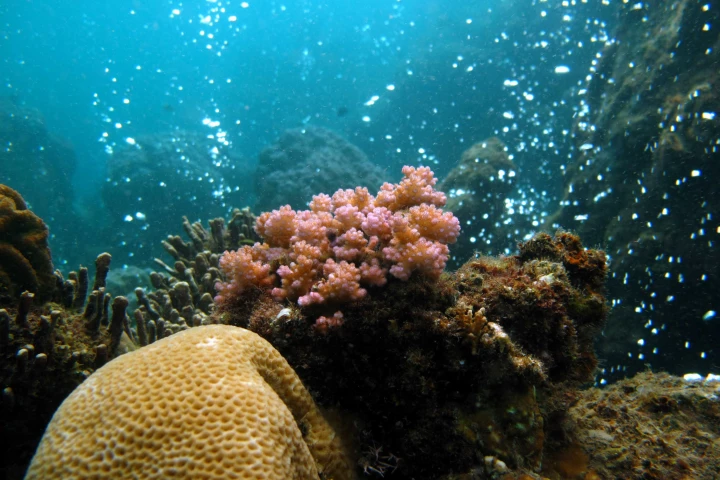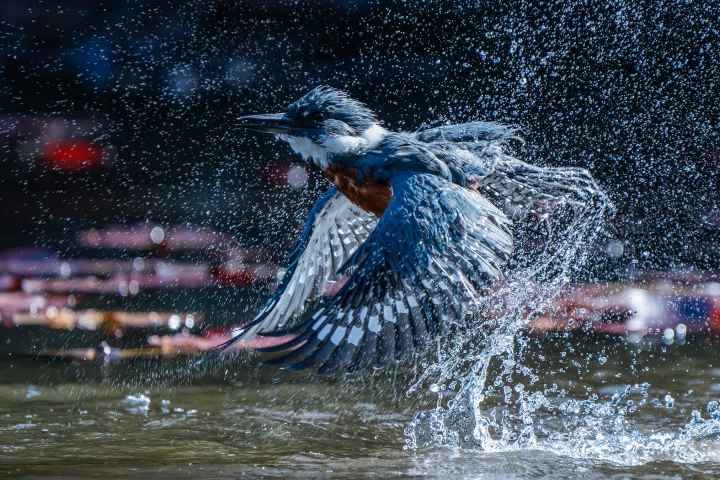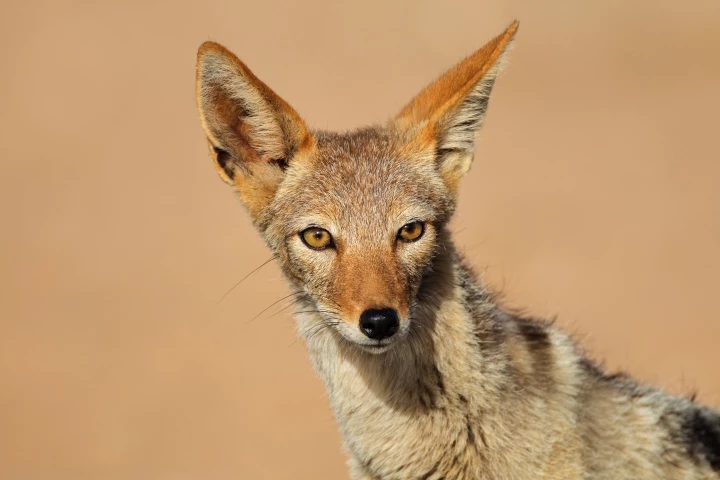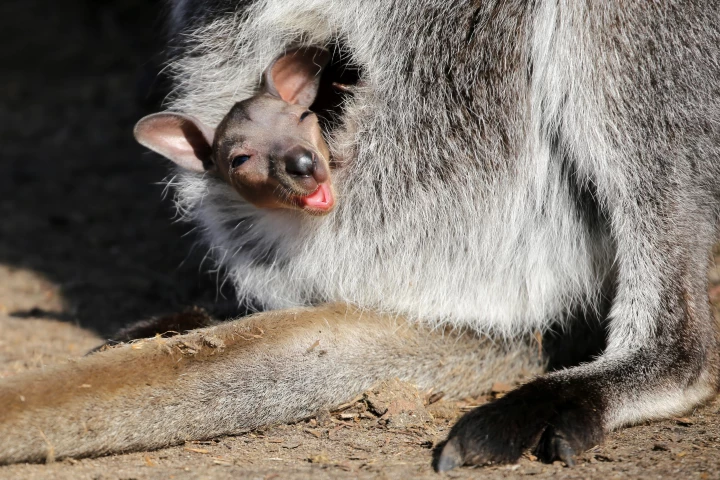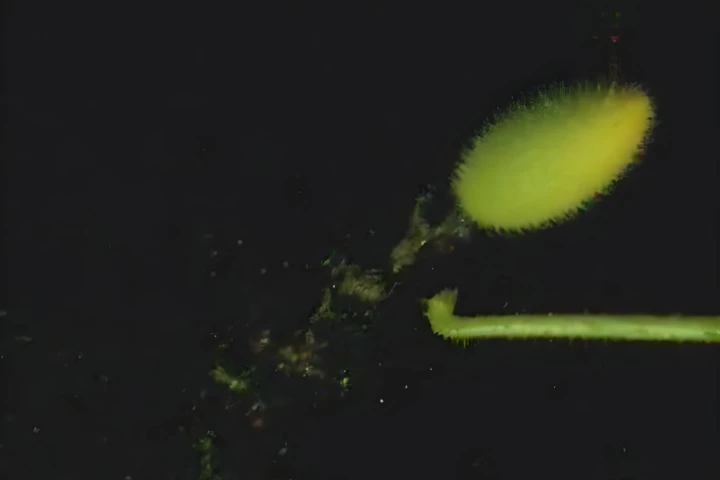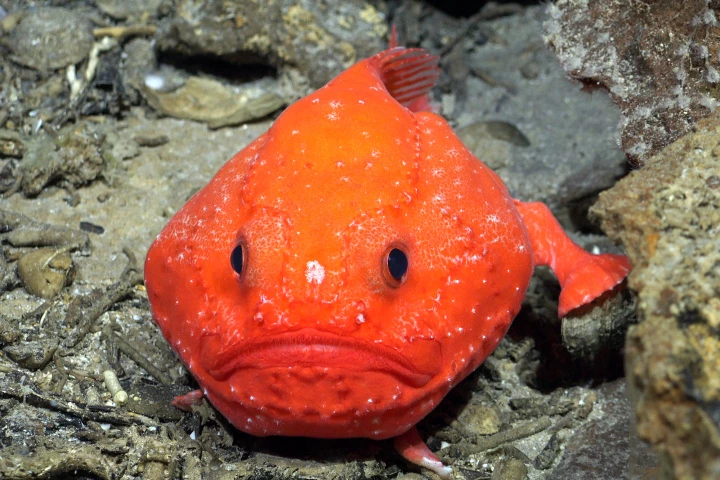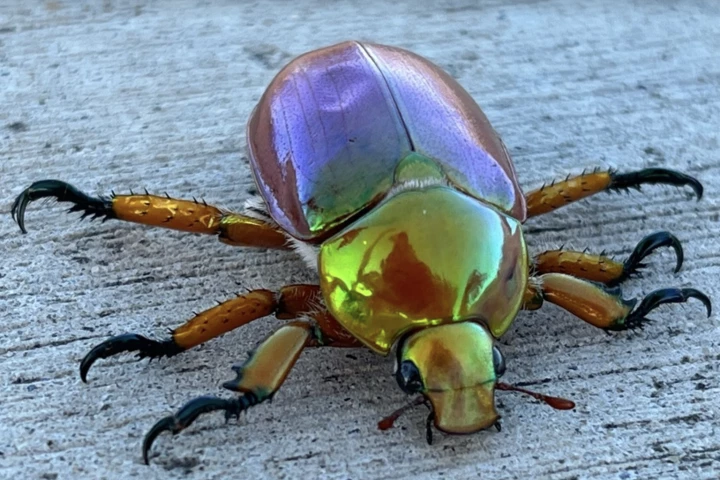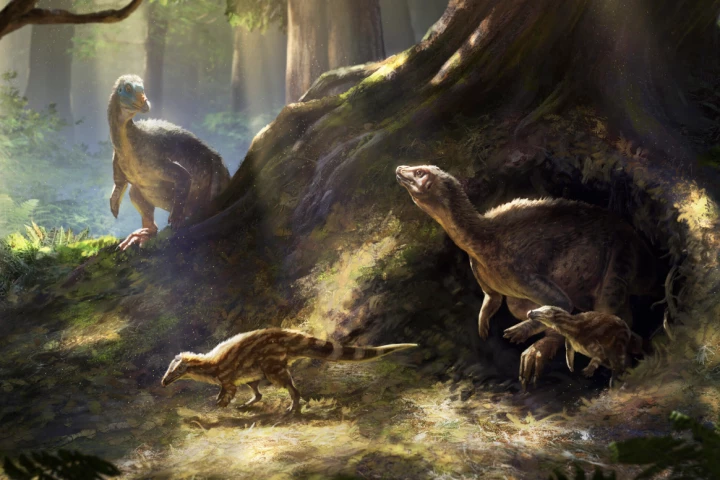Biodiversity
-
There's an old saying that everything in Australia wants to eat you – and this apparently includes plants. Now scientists have made a special find, stumbling across a massive community of a rare meat-eaters living closer to humans than ever before.
-
On a remote reef, endless streams of bubbles rise from cracks in the seabed into the shallow water, fed by an underground volcanic system. For scientists, this phenomenon has become a kind of crystal ball, revealing the changes that await marine life.
-
The National Audubon Society has announced the winners of the 2025 Audubon Photography Awards. This year, budding photographers from Chile and Colombia have joined the competition, which also features a new category celebrating border-crossing birds.
-
In the largest study of its kind, scientists have documented the seismic shift in animal size over the last 1,000 years, with domesticated species becoming larger as wildlife gets smaller. It underlines the impact of one species in particular – us.
-
More than a third of large animals that feast on dead animals are struggling to survive, and a new report from scientists warns that their downfall could present a serious risk to human life, with an uptick in zoonotic disease spread as a result.
-
Scientists have created the first kangaroo embryo by in-vitro fertilization, which is a landmark moment for pouch-toting marsupials. Years in the making, it's a massive step in future-proofing hundreds of species facing imminent extinction.
-
Unlike nearly all flowering plants, which rely on the likes of wind or animals to reproduce, the squirting cucumber instead uses "ballistic seed dispersal," shooting a forceful, watery jet more than 30 feet into the air. And now we know how it does it.
-
This serene gap between Pyrenees mountains becomes abuzz with flying insects each year, as they journey across Europe. We may not always like to live with them, but we can't live without them – so paths like this are critical for all life on Earth.
-
An underwater expedition off the coast of Chile has discovered 160 species not known to live in the region, at least 50 of which are new to science. The information will inform marine protection strategies for important regions in international waters.
-
As Australian as kangaroos, the Christmas beetle holds a special place in hearts Down Under. But December sightings of these majestic creatures have become as rare as seeing Santa. Scientists are now asking the nation to help them find out what's going on.
-
The eggplant emoji may be more famous in the digital world than in real life, but it's not the case for most organisms. Biologists have made the case for 'animal underdogs' to have better emoji presence to aid real-life conservation and biodiversity.
-
It's been called plain and boring, but this Thescelosaurus species has now had its sad reputation upended, thanks to fascinating sensory discoveries that suggest it lived a unique, successful life underground, beneath the feet of its fearsome predators.
Load More

